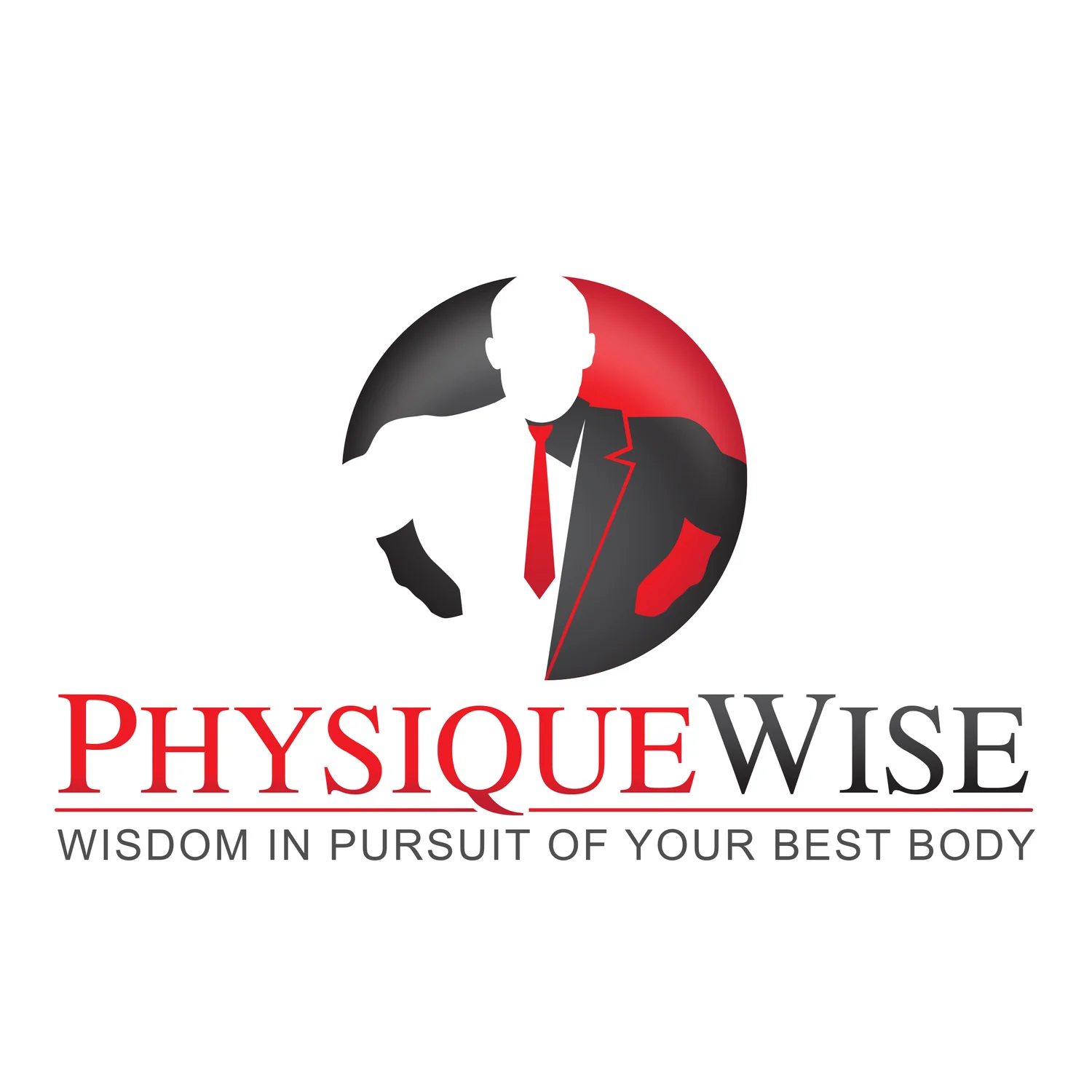Therefore when I work with clients I aim to find the best way to control energy intake. THERE IS NO ONE BEST WAY TO DO THIS. This is where you distinguish a 'Coach' from a 'Personal Trainer'.
A coach should have multiple 'tools' to use with clients, rather than just 'their way'. When the only tool you have at your disposal is a hammer, you only see nails!
There are LOTS of ways to control intake, including: -
Counting calories: This could be through the use of fitness apps such as 'MyFitnessPal". Here a client is given a calorie target they aim to achieve on a consistent basis. Counting calories can be laborious, but I also find it an extremely useful tool for clients to understand the calorie content of foods they like to eat. It is educational in this sense.
Substituting foods: For example, aiming to cut out calorie dense foods, especially calorie dense foods that provide little in the way of nutrients (such as junk food) and replacing with foods with a far lower calorie content. For example, replacing your mid-afternoon biscuit with a piece of fruit. Replacing your soft drink with water. This method involves no counting of calories, but you are lowering intake by opting for foods that are naturally lower in calories and far more nutrient dense (such as vegetables, fruit, meat, fish etc).
Using a dietary approach that eliminates certain foods (such as Paleo, Ketogenic etc): For some people adopting a rigid dietary approach can work really well. Some people need the mindset of being 'on' a diet to adhere to the plan. Often the reasons diets such as the Paleo diet work well is that force better dietary choices because of their restrictive nature. For example, on the Paleo diet, you cannot eat dairy or gluten or processed sugar. As a result you cannot eat a whole swathe of foods such as sweets, chocolate, biscuits, cakes, pastries, pies etc. The focus is on whole foods that are unprocessed, so as a result people will tend to consume far fewer calories.
Changing your food environment to assist with healthier eating: Here I borrow heavily from the great work of Brian Wansink who has written extensively about people's 'food radius' in his book 'Mindless Eating'. Wansink's argument is that you cannot solely rely on will-power all the time to lose weight. By constantly saying 'no' to tempting food and feeling like you are constantly depriving yourself, you erode away at your will power, and at some point, it will give. His argument is that we must adjust our environments (home, work, supermarket) so that we don't have to keep making choices. Here are just a few examples from his book: -



